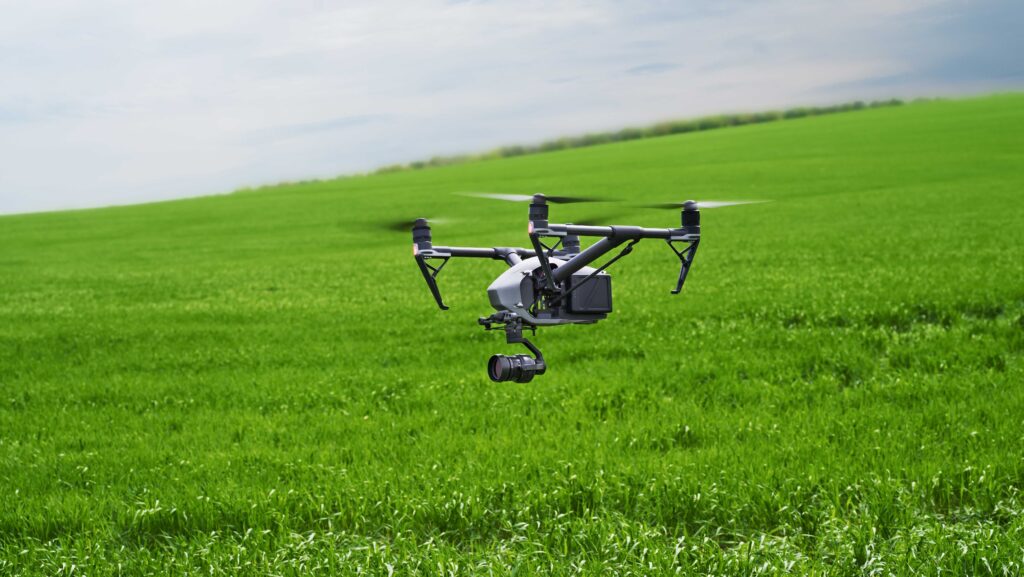16 Welsh farms paid for novel on-farm research
 © Adobe Stock
© Adobe Stock Sixteen Welsh farm businesses are set to trial new ideas, with funding from Farming Connect’s “Try Out Fund”, aiming to strengthen their farm businesses while benefiting the wider agricultural sector across Wales.
The projects span the dairy, arable, beef, sheep, poultry, and horticulture sectors, and include harnessing drone technology, measuring pasture quality, and equipping sheep with state-of-the-art tracking devices.
“This diverse range of trials highlights the innovative sprit of Welsh farmers and Farming Connects commitment to supporting new ideas,” a spokesperson said.
See also: How private cash is funding environmental measures
Embracing technology
A dairy farm in north Ceredigion is using drones to improve pasture quality assessment, while another project will fit sheep with devices to track their movement within the farm or a geofenced area, aiming to enhance security given ongoing livestock theft issues.
In Brecknock, a conservation grazing project will see native cattle fitted with “no-fence” wireless collars, enabling targeted grazing, enhancing habitat value on common land and farmland by controlling aggressive species such as bracken.
Many red meat projects are also delving into soil and livestock health – for example, in Brecknock, where herbal leys are being established and some varieties new to the UK are introduced.
Lamb health and performance are also a key focus for three further projects, with one farm in south Montgomeryshire comparing two vitamin B12 injections to combat cobalt deficiency in 600 lambs.
In south Wales, another project is evaluating field-scale sphagnum moss cultivation techniques, hoping to open new avenues for the horticulture sector.
Defra-funded projects
In England, four Defra-funded projects are getting under way and farmers are sought by the British On-Farm Innovation Network (Bofin) to take part in funded on-farm trials.
One of the projects, Probity, is bringing precision-bred crops onto farms for the first time in Europe and will involve growing varieties produced through targeting induced local lesions in genomes (Tilling) to test traits also being introduced by gene editing.
Other opportunities include joining the Nitrogen Climate Smart project as a “Pulse Pioneer”, which involves running a pulse trial, while and the Slimers project is seeking “Slug Sleuths” to join the team for the 2025-26 season.
Additionally, the network is interested to hear from farmers intending to grow spring wheat in 2026 and who would like to join the Truth project as a “Root Ranger”, exploring soil and root health.
A free webinar about the projects is being held on Wednesday 16 July at 8.30am and further information is available on the Bofin website.
